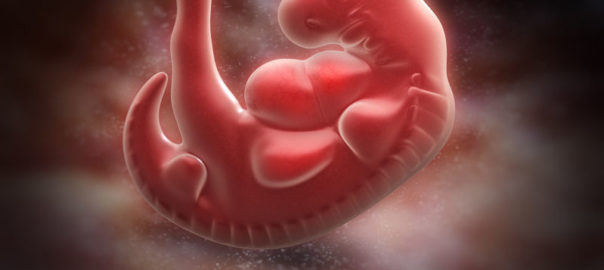Advances in Human Cloning – Ethical or Not?

Scientists in the United States made a major breakthrough when they used human cloning to produce embryos in the blastocyst stage. Embryos are a good source of stem cells, which can be used to produce brain, bone, muscle, and other types of specialized cells found in the human body.
The methods used by the scientists were similar to those used to produce Dolly the Sheep. Embryos are an easier and cheaper source of stem cells. However, this source of stem cells is controversial because some people believe it is unethical to conduct experiments on human embryos.
In modern medicine, stem cells hold perhaps the greatest hope for innovative treatments. The ability to create new tissue has innumerable applications, from healing heart tissue damaged by a heart attack to repairing a spinal cord that has been severed. Trials have been conducted on restoring sight in people with incurable blindness using stem cells sourced from donated embryos.
Donated cells are prone to rejection by the recipient’s body. Cloning overcomes this hurdle. In 1996, Dolly the Sheep was the first mammal to be created through the process of cloning and a technique known as a somatic cell nuclear transfer.
Genetic information from adult skin cells was introduced into a donor egg from which the original DNA had been stripped. The egg was developed into an embryo with the help of electrical stimulation. Although the success of this procedure was a major scientific feat, researchers struggled to repeat it in humans. The eggs never developed beyond a very early stage (approximately 6-12 cells only). Some teams were able to take the embryos to the blastocyst stage (approximately 150 cells). These can be used to obtain embryonic stem cells, which have the ability to convert to other cell types like liver, nerve, and heart cells.
Human eggs as a source of stem cells are a limited resource. There have been ongoing concerns about the ethicality of the process, leading researchers to focus on alternative sources of stem cells.
Skin cells have been converted to induced pluripotent stem cells using proteins, but their quality in comparison to embryonic stem cells is questionable. In addition, the high cost of somatic cell nuclear transfer makes it unlikely to be applied in clinical medicine.
People opposing embryonic stem cells believe that human embryos have the potential to grow into fully-grown people and it is unethical to experiment on them or destroy them. The group Human Genetics Alert called for an international ban on human cloning. On the other hand, advocates of the new technique say it is not possible to create full-grown viable human beings from the embryos and they are only for research purposes.
References:
- http://www.bbc.com/news/health-22540374


